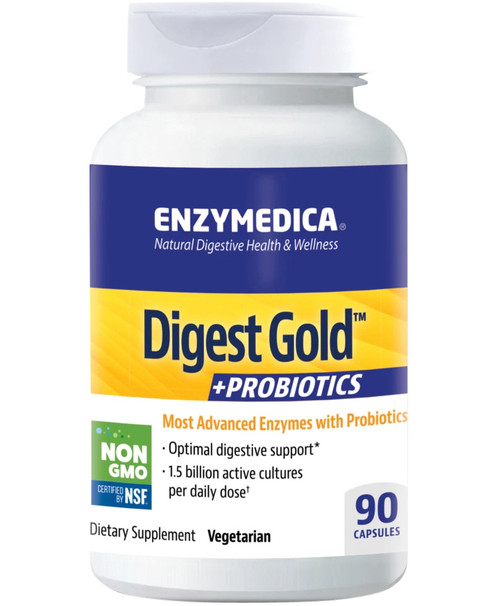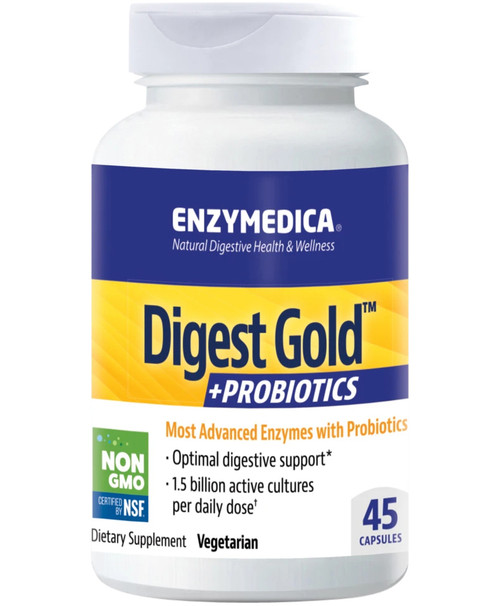
Product Description
Arthur Andrew Medical Novequin DPF (Digestive Probiotic Formula) Equine
Maintaining Digestive Health Can Be a Challenge
The health of your horse relies on the proper balance of bacteria in its digestive system. Unfortunately, dietary and environmental changes, birthing/laying, weaning, medication and transporting, among other common management practices, can tip the digestive balance in favor of harmful bacteria. However, supplementing your horse's diet with probiotics can re-establish digestive balance and restore your horse's health from the inside out.
Novequin Probiotic & Digestive Aid Is Effective For:
- Colic
- Upset stomach
- Shedding
- Ulcers
- Founder/Laminitis
- Weakened immune systems
- Autoimmune disorders
- Cushing's
- Weight management
- Performance and endurance
- Coat appearance and hoof quality
- Enhancing appetite
Novequin Optimizes Digestive Health Throughout a Horse's Lifetime
Foals
A foal enters the world with a sterile digestive tract; though, it quickly acquires millions of bacteria, both beneficial and harmful. Usually the beneficial bacteria are able to keep the harmful bacteria in check; however, harmful bacteria grow much more quickly than the beneficial ones and can take control of the foal's young digestive system, with potentially disastrous results. Adding probiotics, enzymes and beneficial yeast to a foal's diet helps strengthen its immune system and defend against harmful bacterial overgrowth. Probiotics also help stop and prevent diarrhea, loose stools and scours. This will lead to bigger, stronger, healthier animals at weaning.
Adulthood
As a horse matures it faces many stressful situations: weaning, transporting, trailering, showing, changes in housing, changes in weather, sickness, breeding, foaling, injury and chronic pain to name just a few. This stress increases acidity in the horse's gut, which can kill off beneficial bacteria; which also occurs with the administration of antibiotics. Introducing probiotics into the horse's diet can speed up the recolonization of the digestive tract with beneficial bacteria and prevent the harmful effects of digestive imbalance, including colic. Since probiotics and enzymes improve the digestion and absorption of nutrients, even healthy horses can benefit from supplementation. Optimal digestive health means improved coats, stronger hooves and superior athletic performance.
Old Age
Older animals are not able to digest, absorb and metabolize nutrients as easily, leading to decreased body weight and deteriorating overall health. The horse's immune system also suffers, which increases the risk of infections and delays healing. As a result, improving your older animal's digestive health is vitally important to its longevity. By supplementing your horse's diet with probiotics, enzymes and beneficial yeast, it will have more nutrients , improving the quality of your horses's overall health.
Benefits of Digestive Enzymes
While microbes like bacteria do the bulk of the work in a horse's digestive tract, enzymes also play a significant role. Enzymes are essential for complete, rapid digestion of feed, especially fiber. When enzyme levels are low, feed remains undigested and can ferment in a horse's intestines. Instead of providing nutrients to the horse, this decaying feed nourishes harmful microorganisms which produce toxins and gases that can lead to colic and damage to the gut. As a result, digestive enzyme supplementation can accelerate the rate of feed digestion and boost nutrient absorption.
Novequin Contains:
- Protease to break down proteins
- Amylase to digest starch
- Hemicellulase and cellulase to break down fiber
Novequin Breakdown:
A single 10-gram serving yields:
- 7.7 g of brewer's yeast
- 1.15 g of calcium carbonate
- 770 mg of Vitafiber
- 2 billion colony-forming units (CFUs) of
- Novequin's proprietary probiotic blend,
- including E. faecium and L. acidophilus
- 19,000 HUT of protease
- 11,500 DU of amylase
- 1,500 HCU of hemicellulase
- 1,150 CU of cellulase












